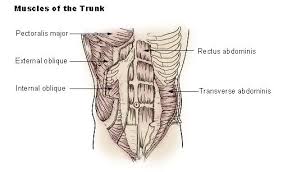记忆方法
将“oblique”分解为“ob”和“lique”。记忆方法是将“ob”想象为一个人(o)故意侧着身子(b)说话,表示其表达或角度不是直接或正面的,这样就可以形象地记住“oblique”表示倾斜、间接或含蓄的含义。
以上内容由AI生成, 仅供参考和借鉴
中文词源
oblique 间接的,拐弯抹角的
ob-,相对,对着的,-liq,斜的,来自PIE*lei,弯,转,词源同limb,leg.引申词义间接的,拐弯抹角的。
英语词源
- oblique (adj.)
- early 15c., from Middle French oblique (14c.) and directly from Latin obliquus "slanting, sidelong, indirect," from ob "against" (see ob-) + root of licinus "bent upward," from PIE root *lei- "to bend, be movable" (see limb (n.1)). As a type of muscles, in reference to the axis of the body, 1610s (adj.), 1800 (n.). Related: Obliquely; obliqueness.
权威例句
- 1. It was an oblique reference to his mother.
- 这影射到了他的母亲。
- 2. He made oblique references to her lack of experience.
- 他拐弯抹角地说她缺乏经验.
- 3. This is an oblique line.
- 这是条斜线.
- 4. She gave an oblique look to one side.
- 她向旁边斜看了一眼.
- 5. To the left oblique, march!
- [军]向左成45度角, 前进!
